-
Lost Connections, Johann Hari
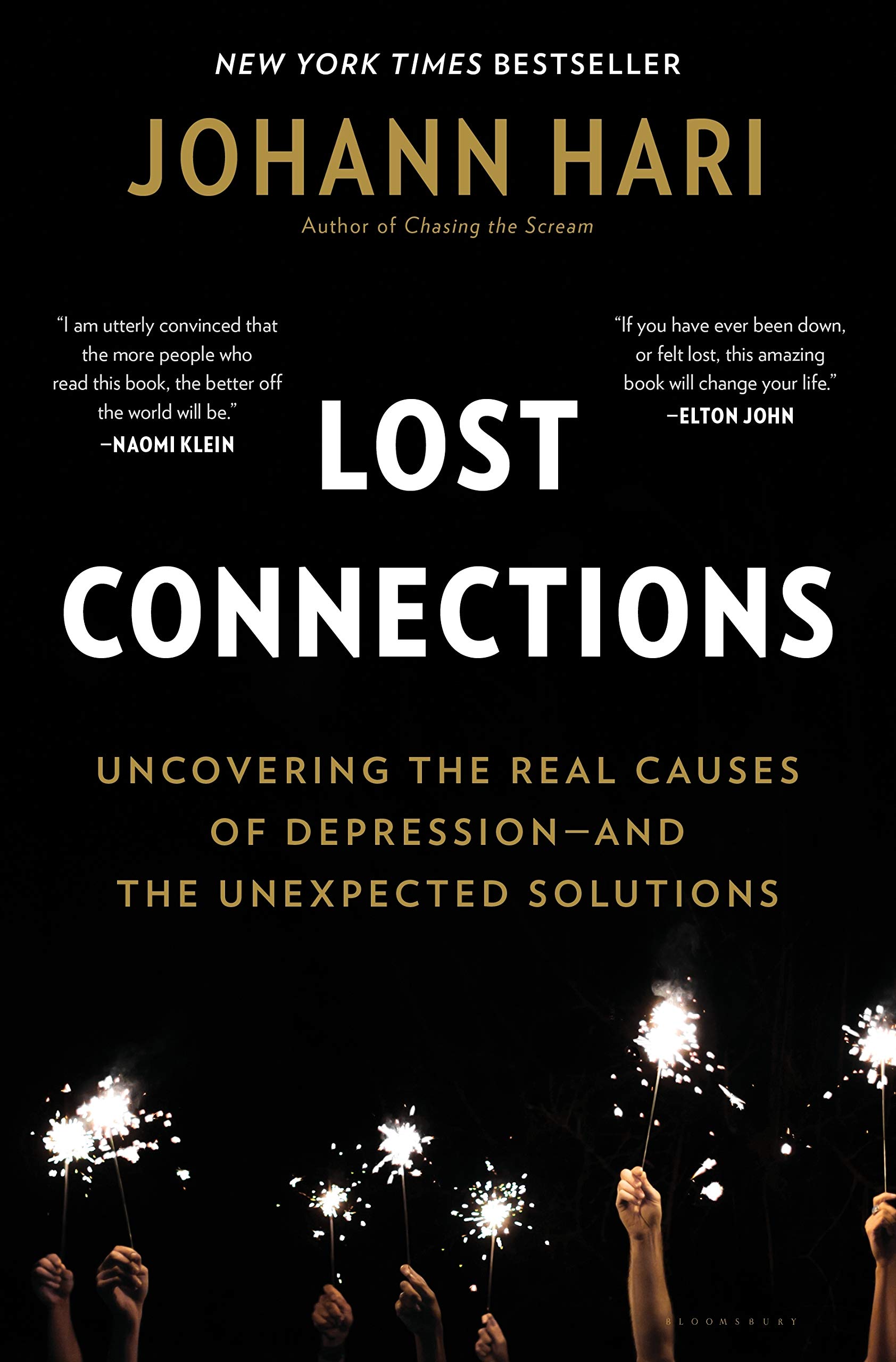
He caricatures biological psychiatry, lapses into self-help bromides, and favors the immanent over the transcendent, but Hari also organizes decades of research into a helpful rhetoric: mental health is social health.
-
Jane Eyre, Charlotte Bronte

Orphan Jane. Bertha the dark. Plain Jane. Bertha the goblin. Governess Jane. Bertha the vampire. Beloved Jane. Bertha the mad. Masterless Jane. Bertha the suicide. Married Jane. Bad animals circling round Mr. Rochester…
-
Insane, Alisa Roth
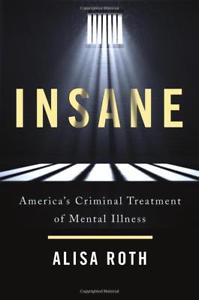
A deeply-reported account of people with mental illness are ensnared in our jails and prisons. Roth doesn’t land all her punches, but shows that our accepted account of how these places became mental health facilities is a just-so story. Real reform will apply to the de facto and de jure mental health systems.
-
Sympathy and Science, Regina Morantz-Sanchez
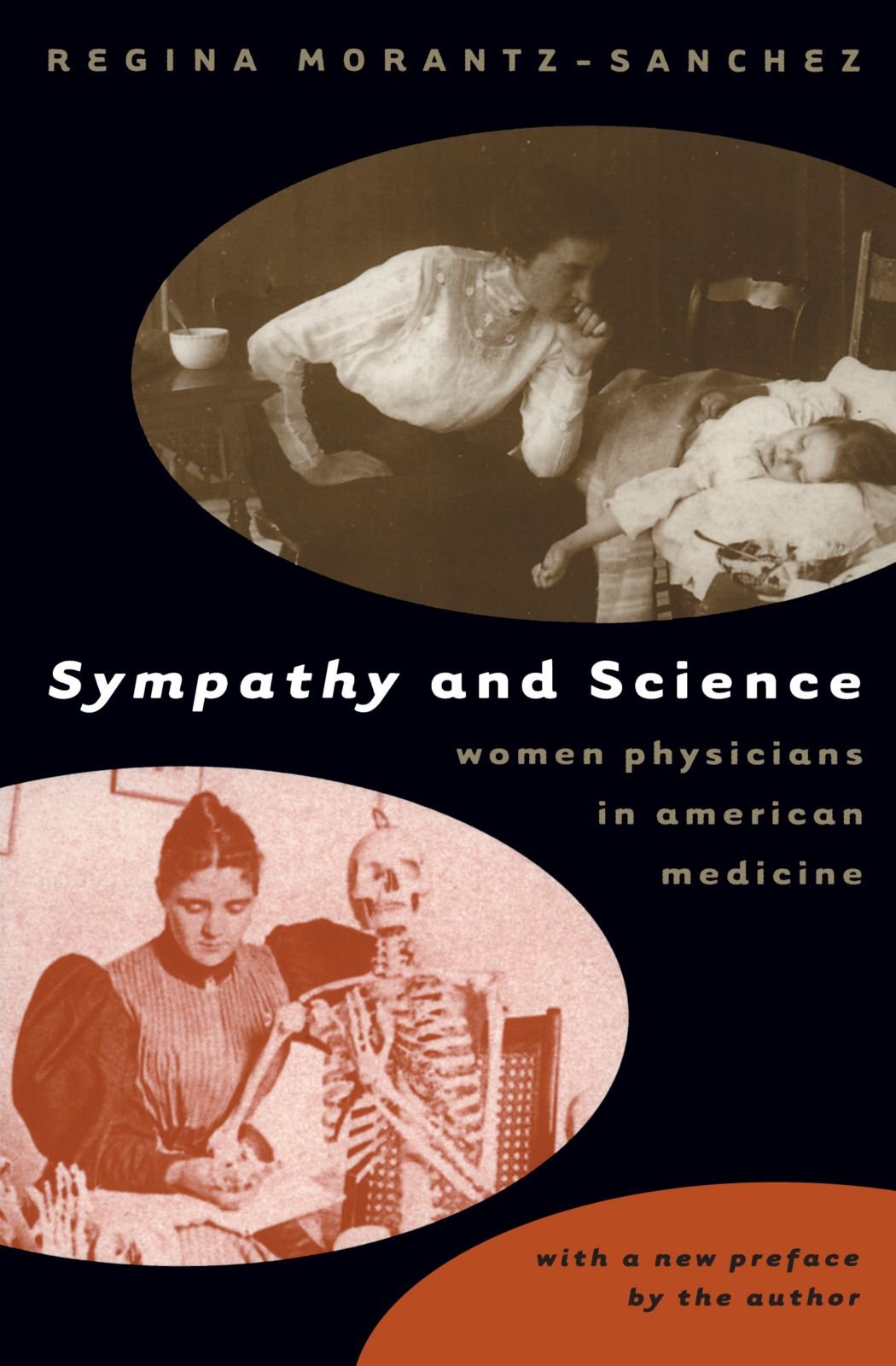
Little-known fact: there were more women in medicine before the Flexner Report. This is one of the two best histories of women in medicine, but check the publication date. It’s past time for a new history of women in medicine.
-
Gentle Vengeance, Charles LeBaron
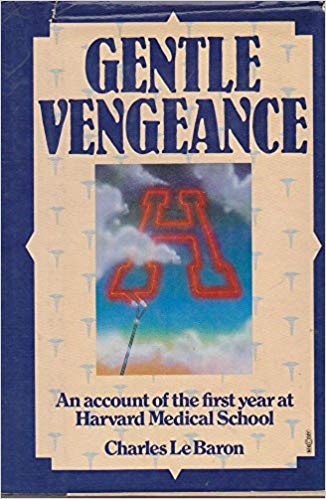
The 1st of the HMS memoirs. Reads as cynicism masquerading as idealism, like The House of God for the med school set. Not sorry to see this kind of gender politics out of print, but for anyone who believes burnout it is a new phenomena, here’s the proof it ain’t.
-
The Collected Schizophrenias, Esme Weijun Wang
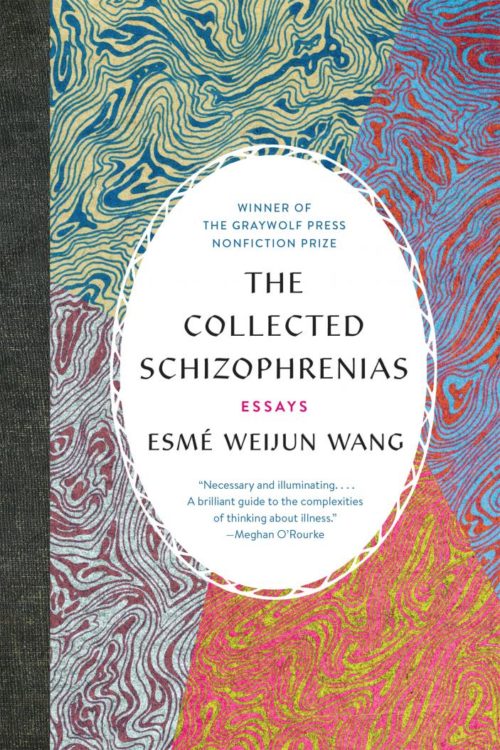
Shrinks say schizophrenia is a heterogenous collection of disorders awaiting further understanding. Wang knows the schizophrenias as a range of experiences awaiting further encounter. Includes a description of being hospitalized involuntary all shrinks should read and read again.
-
Sharp’s Dictionary of Power and Struggle, Gene Sharp
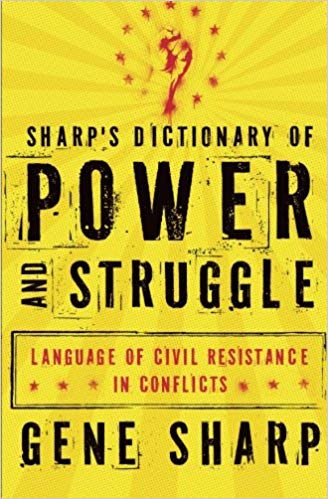
You won’t find Blue Flu in Harrison’s Internal Medicine, but it is in Sharp’s Dictionary. Sharp directs readers to communal options for conflict and change–Grievance Group! Hijrat! Human Chain! Ice Front! Lysistratic Nonaction! Quickie Walkout! Renouncing Honors! Writers’ Silence!– beyond mere resistance. Pick one for the name of your cell.
-
Boomer1, Daniel Torday
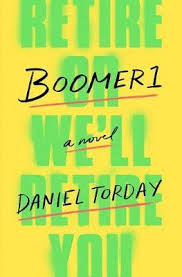
A funny, multi-voiced riff on intra-generational conflict. Toraday nails Gen X angst and music, but his Colorado geography was iffy. Becoming a doctor is a way to leave the stage in pursuit of bourgeois stability. In the end, it’s a story of how Mama Tried.
-
Villette, Charlotte Bronte
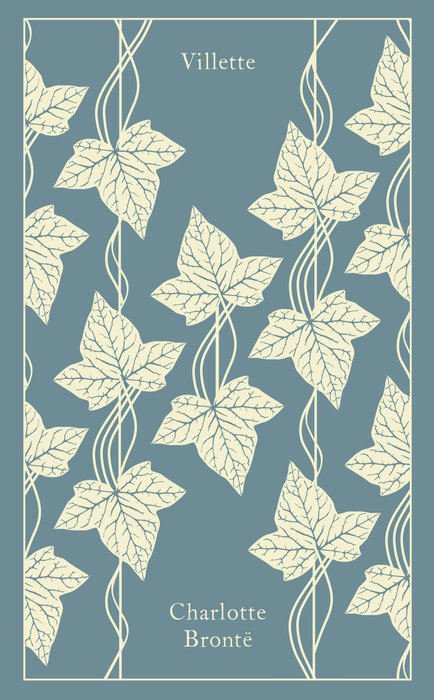
My favorite Bronte novel features Lucy Snowe, the fictional protagonist famed for disclosing and concealing, and Dr. John Graham Bretton, a physician whose clinical gaze Lucy resists. Lucy tells herself: “I would not be known.”
-
Let’s Go (So We Can Get Back), Jeff Tweedy
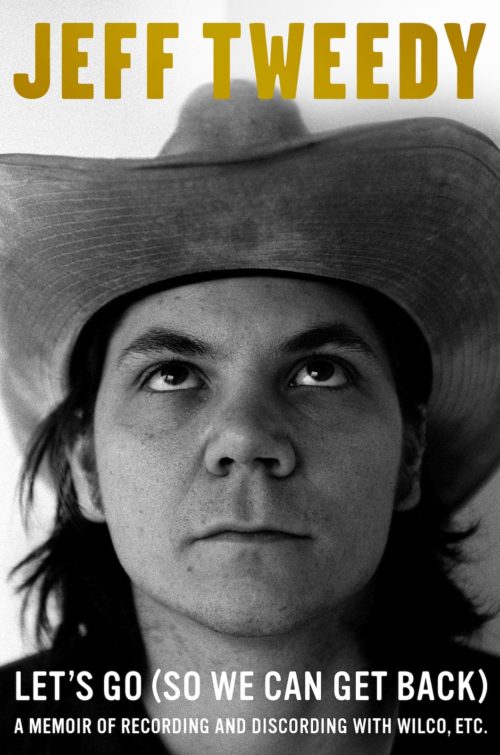
The king of dad rock’s charmingly human memoir includes opiate-pushing docs, star-mugging therapists, life-saving shrinks, and (for real) a Dr. Dickover. My bet: ten years from now, Tweedy takes over Springsteen’s Broadway stage for another show about a rock star saved by love and psychotherapy.
Abraham Nussbaum
Physician, Teacher, Writer